#climatal
Text
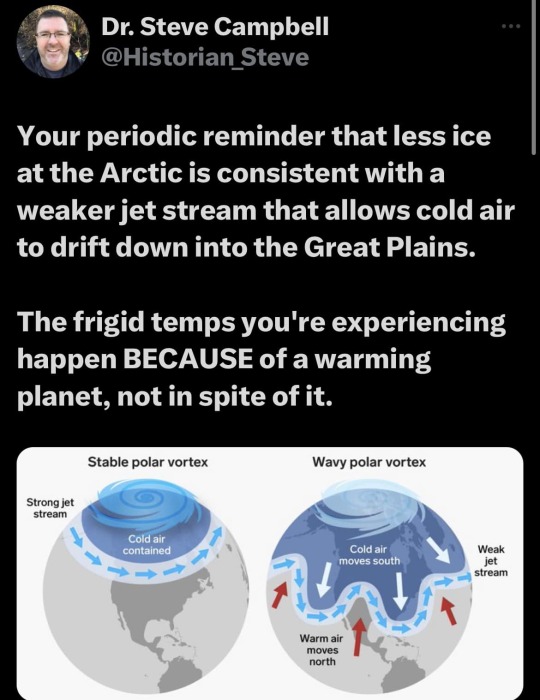
So many people do not understand the relationship between climate change and cold weather.
112K notes
·
View notes
Text
Christmas as a cultural icon is starting to get really dystopian in a climate sense, december has historically been a time of year in which there would be snow in a significant portion of europe and north america, and the fact that its not even icy this time of year and all the christmas songs and decorations reference a time of year that will likely never exist in the same way again in my life time is so strange.
#for reference i live in scotland so it is weird that there is no ice or snow in december anymore#shitpost#not really but its just how i find my original content#christmas#climate change
112K notes
·
View notes
Text
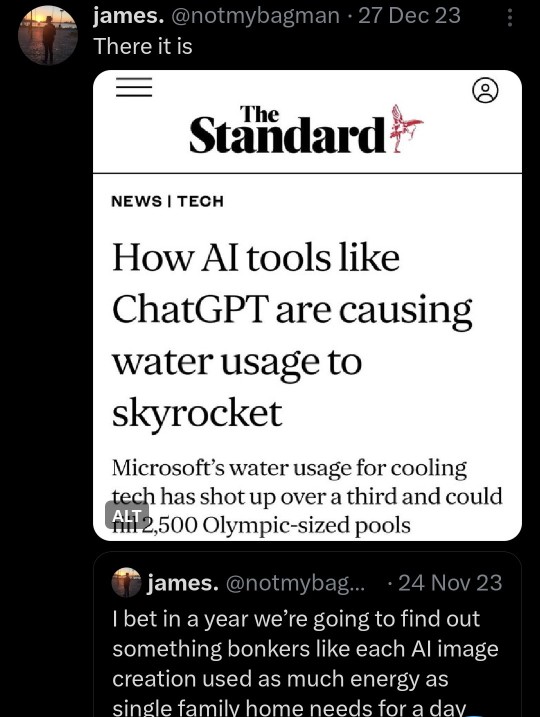
114K notes
·
View notes
Text
Bro, you ok? Bro, humans aren’t separate from the ecosystems around us. We’re a part of them, bro. Bro, we’re never going to have absolutely zero effect on ecosystems, because we live here, bro. Bro, I never said it had to be a bad effect. We don’t have to immediately be perfect either, bro, sometimes doing what you can is what you can, and its way better than nothing. Bro what do you mean humans are a plague. You’re starting to sound a bit like an ecofascist, bro… Bro?
48K notes
·
View notes
Text
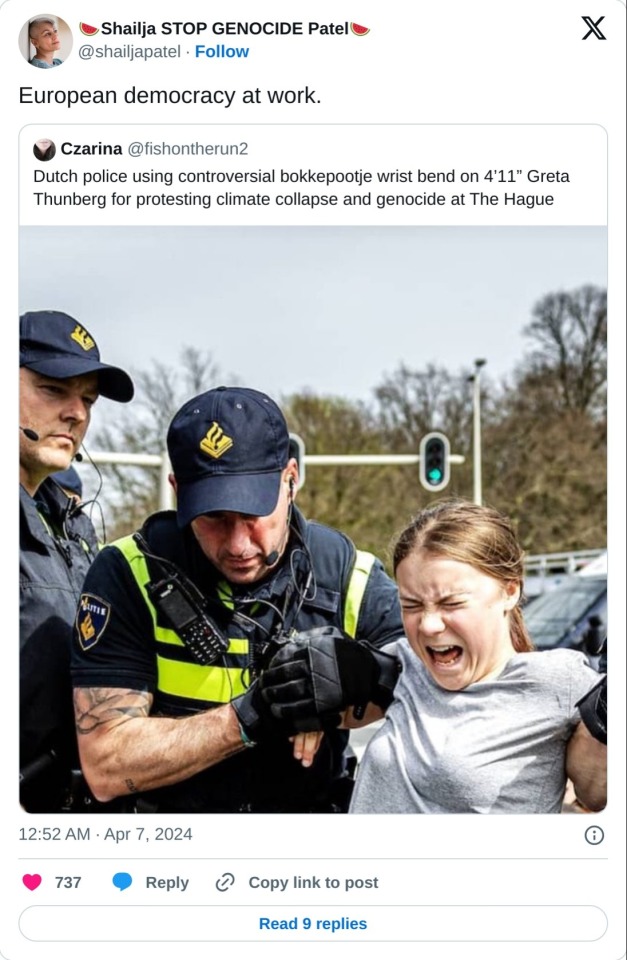
"No climate justice on occupied land"
#feminist#social justice#free palestine#settler violence#settler colonialism#genocide#climate justice#climate action#climate crisis#climate change#greta thunberg#europe#politics#the hague#netherlands#global news
30K notes
·
View notes
Text
The lyrics "I'm dreaming of a white Christmas, just like the ones I used to know" hit differently in the age of climate change
35K notes
·
View notes
Text
as a huge lover of birds, 90% of the concern against wind turbines being used for energy is literally just pro fossil fuel propaganda. birds ARE at a risk however there is a lot of strategies even as simple as painting one of the blades that reduces a lot of accidental deaths. additionally renewable energy sources will do more in favor of the environment that would positively impact birds (and all of us). one study found over one million bird deaths from wind turbines. while that is a shockingly high number and we should work to drastically shrink it, at least 1.3 billion birds die to outdoor cats on a yearly basis. it was never about caring about birds
78K notes
·
View notes
Text
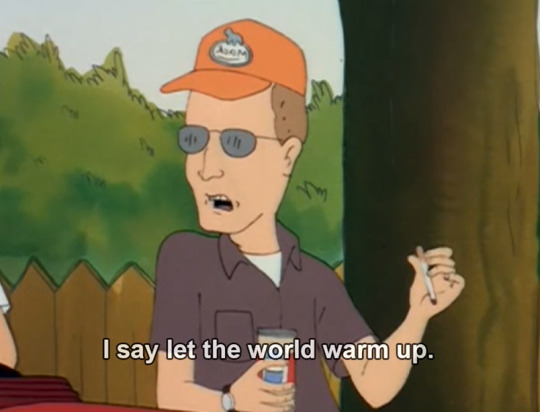
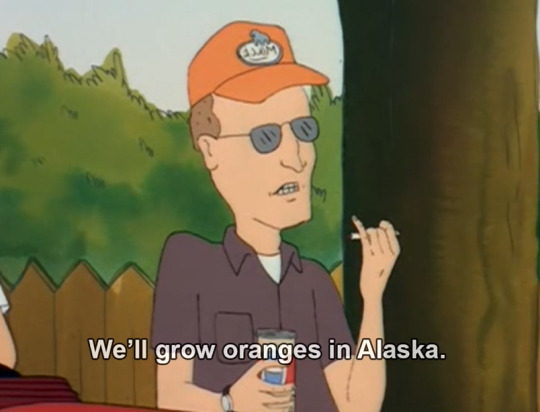
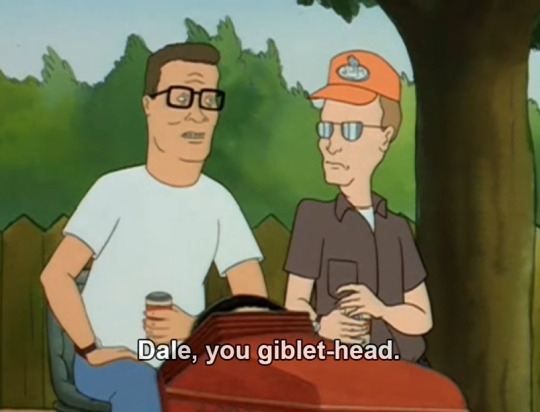
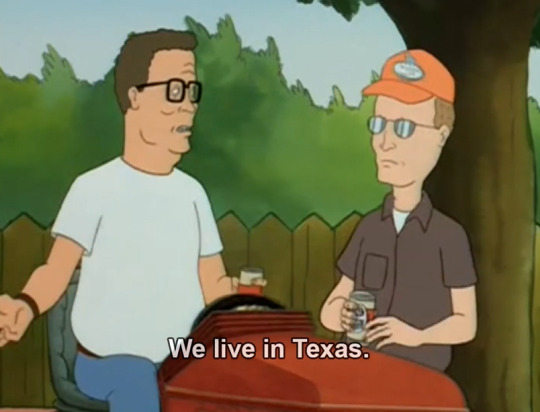


The fact that this joke is from the very first episode (which aired in January 1997) is messing with me.
61K notes
·
View notes
Text
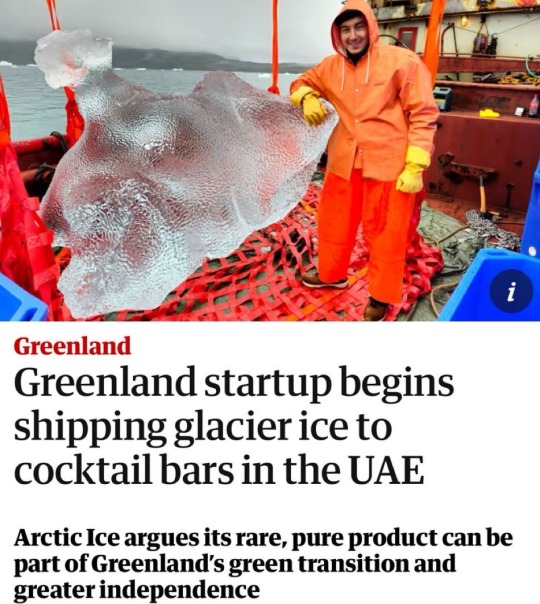
Source
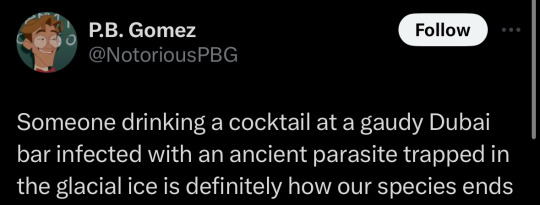
Source
27K notes
·
View notes
Text

every year I post this meme and every year people get more mad at me than they did the previous year
55K notes
·
View notes
Text

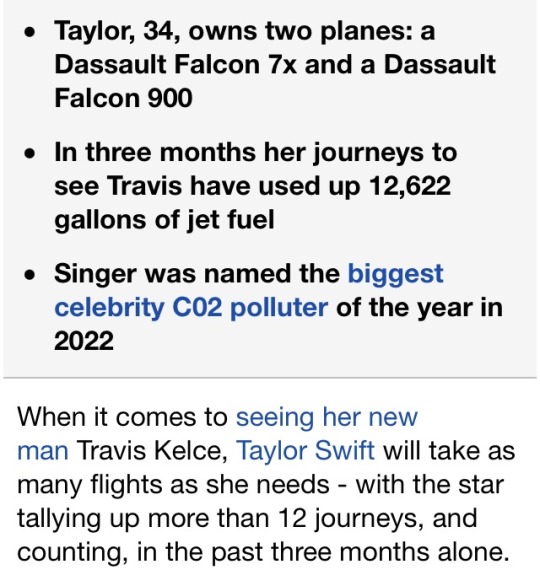



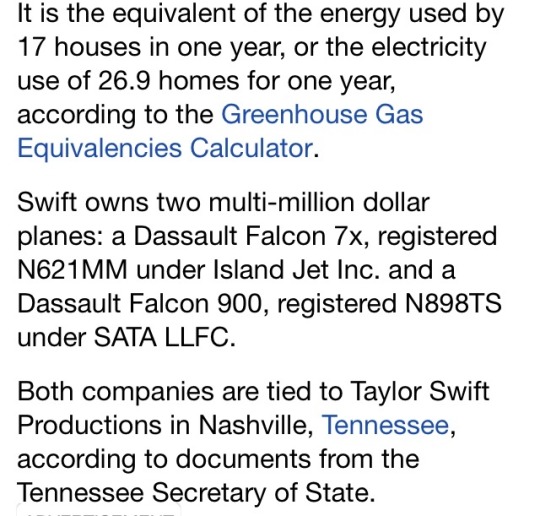
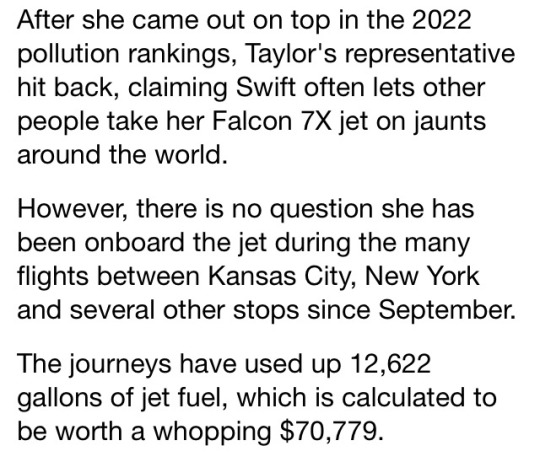
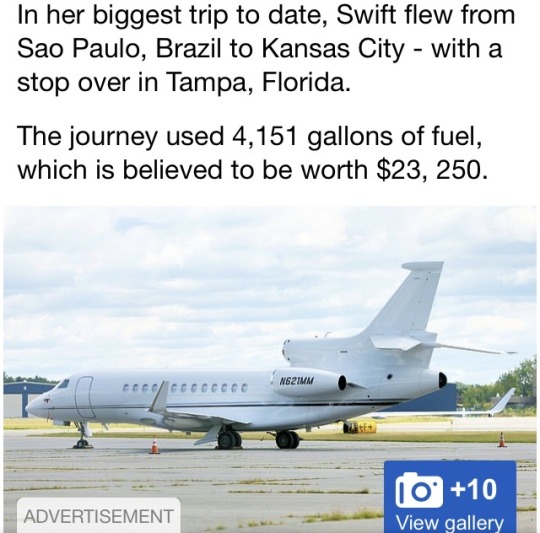
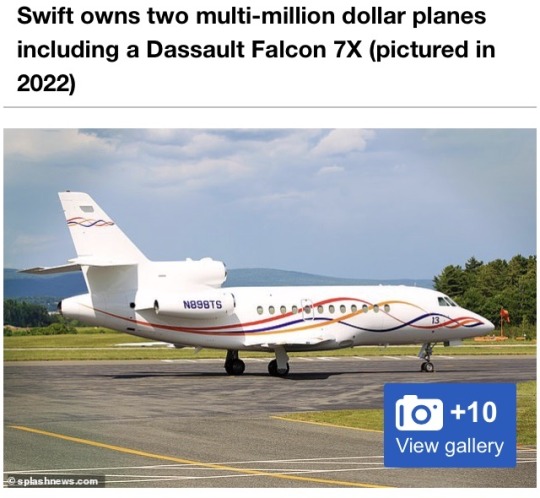
imagine being that fucking rich and that fucking careless.
#anti taylor swift#taylor swift is a climate criminal#taypollution#carbon emissions#co2#the goth punk billionaire#climate change#climate crisis
36K notes
·
View notes
Text

130K notes
·
View notes
Text
No paywall version here.
"Two and a half years ago, when I was asked to help write the most authoritative report on climate change in the United States, I hesitated...
In the end, I said yes, but reluctantly. Frankly, I was sick of admonishing people about how bad things could get. Scientists have raised the alarm over and over again, and still the temperature rises. Extreme events like heat waves, floods and droughts are becoming more severe and frequent, exactly as we predicted they would. We were proved right. It didn’t seem to matter.
Our report, which was released on Tuesday, contains more dire warnings. There are plenty of new reasons for despair. Thanks to recent scientific advances, we can now link climate change to specific extreme weather disasters, and we have a better understanding of how the feedback loops in the climate system can make warming even worse. We can also now more confidently forecast catastrophic outcomes if global emissions continue on their current trajectory.
But to me, the most surprising new finding in the Fifth National Climate Assessment is this: There has been genuine progress, too.
I’m used to mind-boggling numbers, and there are many of them in this report. Human beings have put about 1.6 trillion tons of carbon in the atmosphere since the Industrial Revolution — more than the weight of every living thing on Earth combined. But as we wrote the report, I learned other, even more mind-boggling numbers. In the last decade, the cost of wind energy has declined by 70 percent and solar has declined 90 percent. Renewables now make up 80 percent of new electricity generation capacity. Our country’s greenhouse gas emissions are falling, even as our G.D.P. and population grow.
In the report, we were tasked with projecting future climate change. We showed what the United States would look like if the world warms by 2 degrees Celsius. It wasn’t a pretty picture: more heat waves, more uncomfortably hot nights, more downpours, more droughts. If greenhouse emissions continue to rise, we could reach that point in the next couple of decades. If they fall a little, maybe we can stave it off until the middle of the century. But our findings also offered a glimmer of hope: If emissions fall dramatically, as the report suggested they could, we may never reach 2 degrees Celsius at all.
For the first time in my career, I felt something strange: optimism.
And that simple realization was enough to convince me that releasing yet another climate report was worthwhile.
Something has changed in the United States, and not just the climate. State, local and tribal governments all around the country have begun to take action. Some politicians now actually campaign on climate change, instead of ignoring or lying about it. Congress passed federal climate legislation — something I’d long regarded as impossible — in 2022 as we turned in the first draft.
[Note: She's talking about the Inflation Reduction Act and the Infrastructure Act, which despite the names were the two biggest climate packages passed in US history. And their passage in mid 2022 was a big turning point: that's when, for the first time in decades, a lot of scientists started looking at the numbers - esp the ones that would come from the IRA's funding - and said "Wait, holy shit, we have an actual chance."]
And while the report stresses the urgency of limiting warming to prevent terrible risks, it has a new message, too: We can do this. We now know how to make the dramatic emissions cuts we’d need to limit warming, and it’s very possible to do this in a way that’s sustainable, healthy and fair.
The conversation has moved on, and the role of scientists has changed. We’re not just warning of danger anymore. We’re showing the way to safety.
I was wrong about those previous reports: They did matter, after all. While climate scientists were warning the world of disaster, a small army of scientists, engineers, policymakers and others were getting to work. These first responders have helped move us toward our climate goals. Our warnings did their job.
To limit global warming, we need many more people to get on board... We need to reach those who haven’t yet been moved by our warnings. I’m not talking about the fossil fuel industry here; nor do I particularly care about winning over the small but noisy group of committed climate deniers. But I believe we can reach the many people whose eyes glaze over when they hear yet another dire warning or see another report like the one we just published.
The reason is that now, we have a better story to tell. The evidence is clear: Responding to climate change will not only create a better world for our children and grandchildren, but it will also make the world better for us right now.
Eliminating the sources of greenhouse gas emissions will make our air and water cleaner, our economy stronger and our quality of life better. It could save hundreds of thousands or even millions of lives across the country through air quality benefits alone. Using land more wisely can both limit climate change and protect biodiversity. Climate change most strongly affects communities that get a raw deal in our society: people with low incomes, people of color, children and the elderly. And climate action can be an opportunity to redress legacies of racism, neglect and injustice.
I could still tell you scary stories about a future ravaged by climate change, and they’d be true, at least on the trajectory we’re currently on. But it’s also true that we have a once-in-human-history chance not only to prevent the worst effects but also to make the world better right now. It would be a shame to squander this opportunity. So I don’t just want to talk about the problems anymore. I want to talk about the solutions. Consider this your last warning from me."
-via New York Times. Opinion essay by leading climate scientist Kate Marvel. November 18, 2023.
#WE CAN DO THIS#I SO TRULY BELIEVE THAT WE CAN DO THIS#WE CAN SAVE OURSELVES AND THE WORLD ALONG WITH US#climate crisis#united states#climate change#conservation#hope posting#sustainability#climate news#climate action#climate emergency#fossil fuels#global warming#environmentalism#climate hope#solarpunk#climate optimism#climate policy#earth#science#climate science#meteorology#extreme weather#renewable energy#solar power#wind power#renewables#carbon emissions#climate justice
33K notes
·
View notes
Text
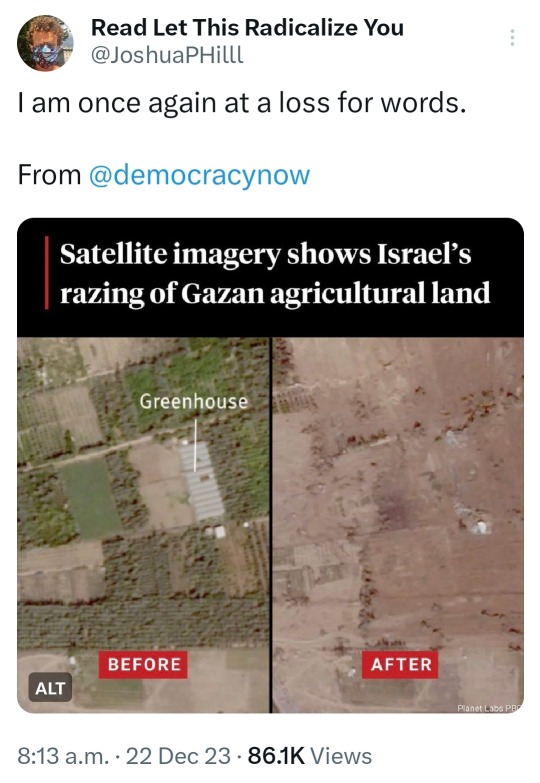
I am once again at a loss for words. From @/ democracynow [@/ JoshuaPHill on X. 12/22/23.]
[Image description: "Satellite imagery shows Israel's razing of Gaza agricultural land." A 'before' picture shows an aerial picture of lush green fields and areas of healthy crops, as well as the location of a greenhouse. An 'after,' photo shows an aerial view of a completely desolate land -there are no crops, no greenhouse, and no greenery.]
#social justice#free palestine#freepalastine🇵🇸#palestine#free gaza#gaza#gaza strikes#gazaunderattack#gaza strip#climate justice#environment#colonialism#colonial violence#settler colonialism#settler violence#ceasefire now#ceasefire#end the occupation#end the genocide#eco terrorism
21K notes
·
View notes

